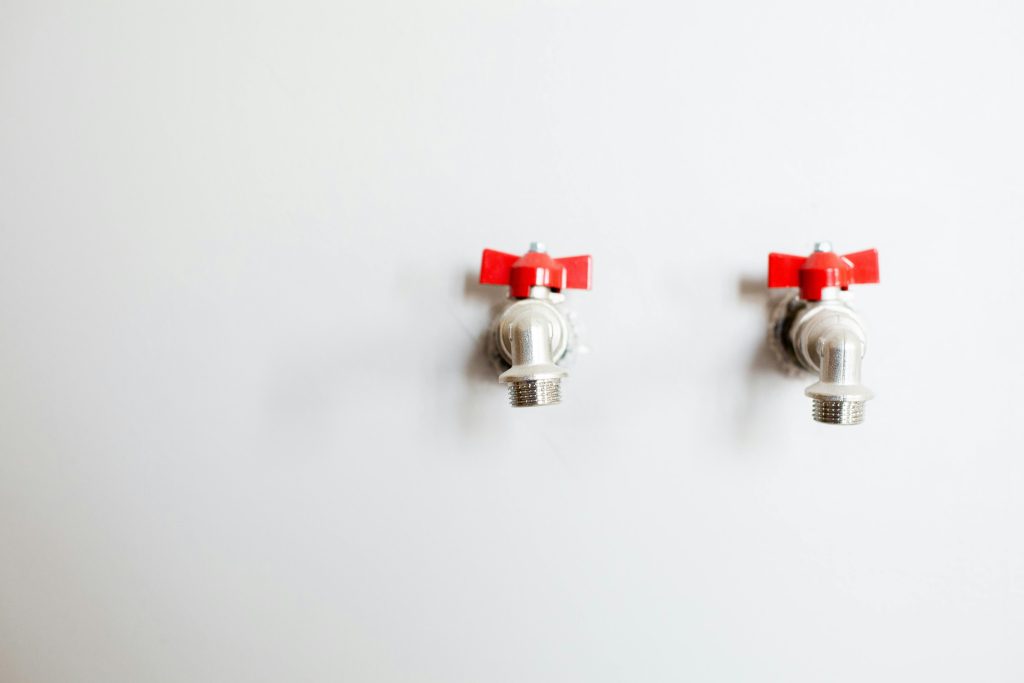
It’s very frustrating when a plumbing problem occurs without warning. Sometimes everything
runs smoothly, but the next moment, you have a flood or a clog that stops everything. Even
though accidents cannot always be avoided, some easy habits can decrease the risk of a flood
or burst pipe. Plumbing issues usually arise without notice. A little drip or gurgle can be
overlooked until it becomes a major issue. Most emergencies can be prevented if we pay
attention and take care. It is usually simpler to address the problem early on than to fix the
consequences later. Here are some tips to prevent sudden plumbing problems in your house.
- Be Mindful of What Goes Down the Drain
Many serious plumbing problems begin as small clogs that build up gradually. Kitchen sinks are
especially prone to damage. Over time, grease, food, and soap can stick to the insides of pipes,
making it hard for water to flow freely. Many homeowners are unaware that their daily routines
can slowly damage their homes.
Grease is a major contributor to clogged pipes. It may look safe as it goes down the drain in
liquid form. As it cools down, it becomes hard and sticks to the surface. With time, the residue
can gather more dirt and clog the drain completely. Coffee grounds, eggshells, and pasta are
also common causes of clogs. Just because something is marked as “flushable” does not mean
it should be flushed. They are not as easy to break down as promised and can lead to clogs in
older pipes. The bathroom has its own set of issues. If you notice that water is not flowing as
fast as it should, check for hair, soap scum, and toothpaste. A drain screen can usually catch
most of these items before they become a problem. Spending a little time removing the catch
and wiping off any residue can help. - Schedule Regular Inspections and Maintenance
Pipes, like everything else in a home, wear down with time. Small leaks may go unnoticed for
months, hidden behind walls or under floors. But when they finally make themselves known, it’s
often in the form of costly damage. Regular inspections help spot the warning signs early,
before a slow drip becomes a serious problem.
A professional can check things the average homeowner might miss. Old pipes may be
corroded. Water heaters might be under pressure or lined with sediment. Valves and seals can
become brittle with age. During a routine check, these vulnerable areas are inspected and
tested. If needed, repairs can be made before the situation escalates.
Maintenance isn’t only about fixing problems. It’s also about improving the overall performance
of your plumbing system. Clean pipes flow better. Efficient systems reduce your water bill. And
knowing everything is in good condition offers peace of mind.
It’s a good idea to have a professional inspection once a year, especially in older homes. While
it may seem like an unnecessary expense, it’s far cheaper than dealing with burst pipes or water
damage. If you’re unsure where to start, reaching out to experienced professionals like
plumbers Concord, NC whom residents trust, can help make the process easier.
- Be Prepared for the Unexpected
Even with the best intentions, plumbing emergencies can still happen. When they do, being
prepared can minimize the damage. One of the most important things every household should
know is the location of the main water shut-off valve. In case of a major leak, turning off the
water can prevent further flooding and damage.
Teach everyone in the household how to locate and operate the valve. In many homes, it’s in
the basement, near the water meter. In others, it may be outside or near the foundation.
Knowing where it is – and testing it occasionally – ensures it will work when needed.
Another smart move is keeping basic tools on hand. A plunger, wrench, and bucket can help
manage minor leaks or clogs until professional help arrives. Also, knowing which emergency
numbers to call makes a difference when time matters. Store those contacts somewhere visible,
like on the fridge or in a kitchen drawer.
Conclusion
Avoiding sudden plumbing emergencies isn’t about becoming an expert. It’s about building
habits that protect your home. Watching what goes down the drain, scheduling regular
checkups, and being ready for surprises all help keep plumbing systems running smoothly.
Plumbing might be out of sight, but it should never be out of mind. Paying attention now can
help avoid a crisis later. A bit of prevention goes a long way when it comes

